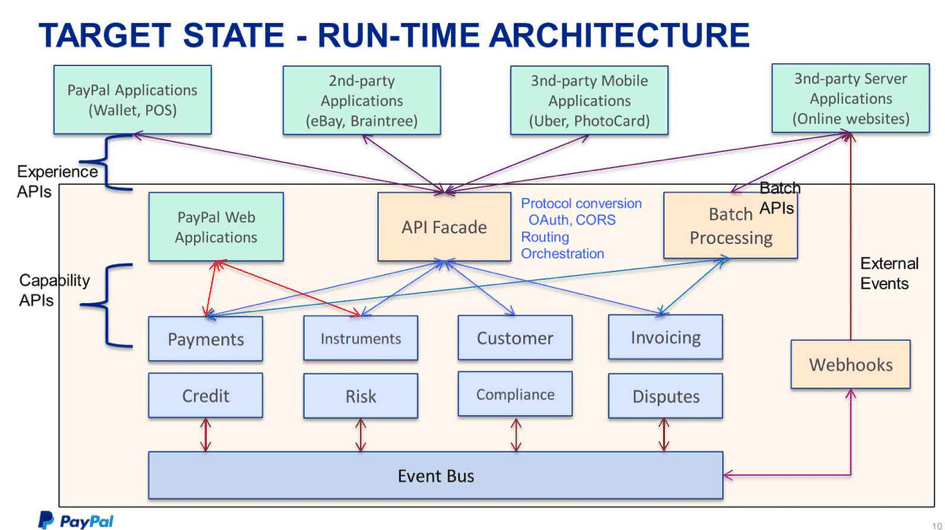It is becoming increasingly important to not to analyse energy consumption for all utility types, be it electricity, gas, water, heat, renewables, oil etc. The bottom line is both operational efficiency and utility costs monitoring. In the long run, these are management strategies designed to drive energy costs downwards as a continuous improvement cycle and as a measure of reducing carbon emissions.
It is also getting increasingly easier for organisations reduce energy use and achieve this goal using technology without having to “remember” to do it yourself. Organisations can never go wrong by investing in energy management software. There are varied software options to choose from depending on the organisational objective.
Some of the energy management objectives that organisations may need to meet are:
? Establishing baseline energy use
? Carrying out Energy audits
? Monitoring and measuring energy performance against the energy policies of an organisation and objectives
? Achieving energy certification
Energy management software?s come in handy when an organization wishes to achieve either of the above objectives.
Use of energy management software?s also assists organisations in measurement and verification of energy consumption as well as Monitoring and Targeting. Measurement and verification is where a company quantifies energy consumption beforehand (baseline energy use) and after energy consumption measurements are implemented in order to verify and report on the level of savings actually achieved.
Organisations that wish to verify the energy savings achieved by building retrofits can use energy management software?s. This is an important objective for companies that wish to either satisfy internal financial accounting and reporting requirements, or to meet the terms of third-party contracts for project implementation and management. Monitoring and targeting is also made easier by use of software. This is critical as a management technique, regardless of whether an organisation has specific facility retrofits in order to keep operations efficient and to monitor utility costs.
Overall, an investment in energy management software, is worthwhile in the achievement of management strategies designed to drive energy costs downwards as a continuous improvement cycle.
